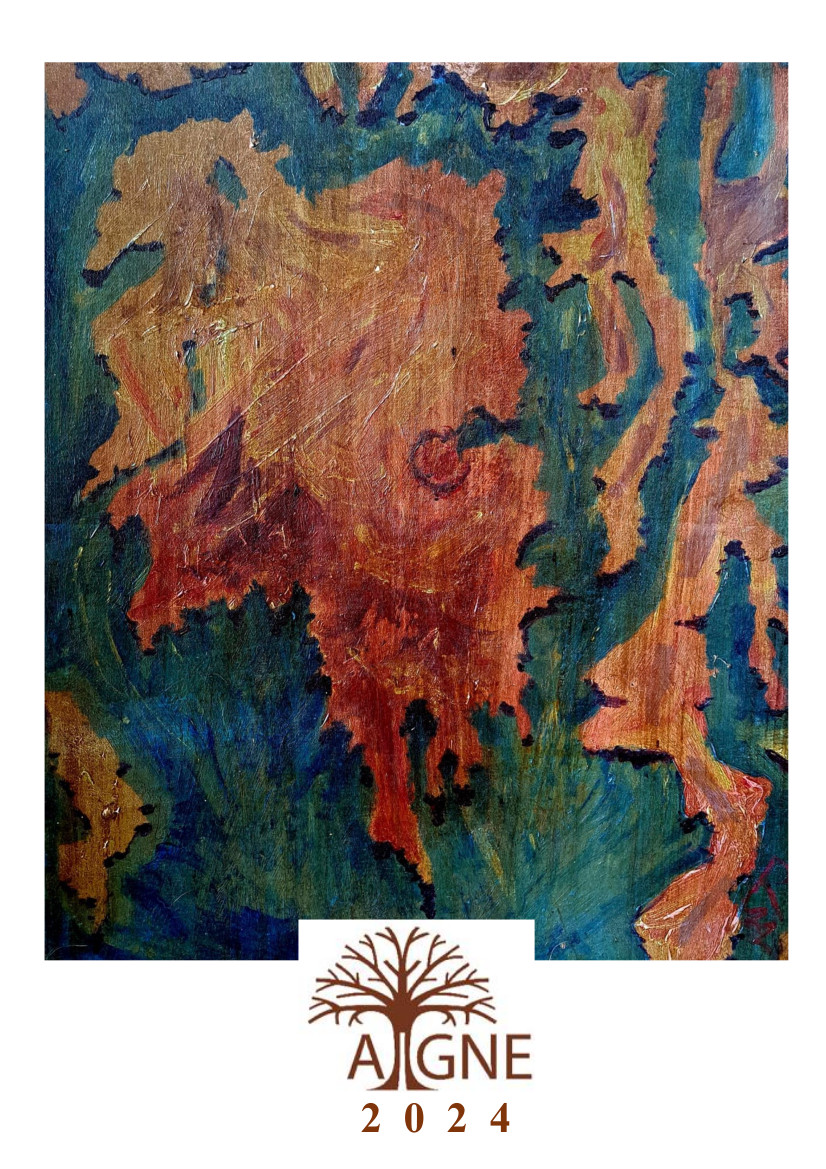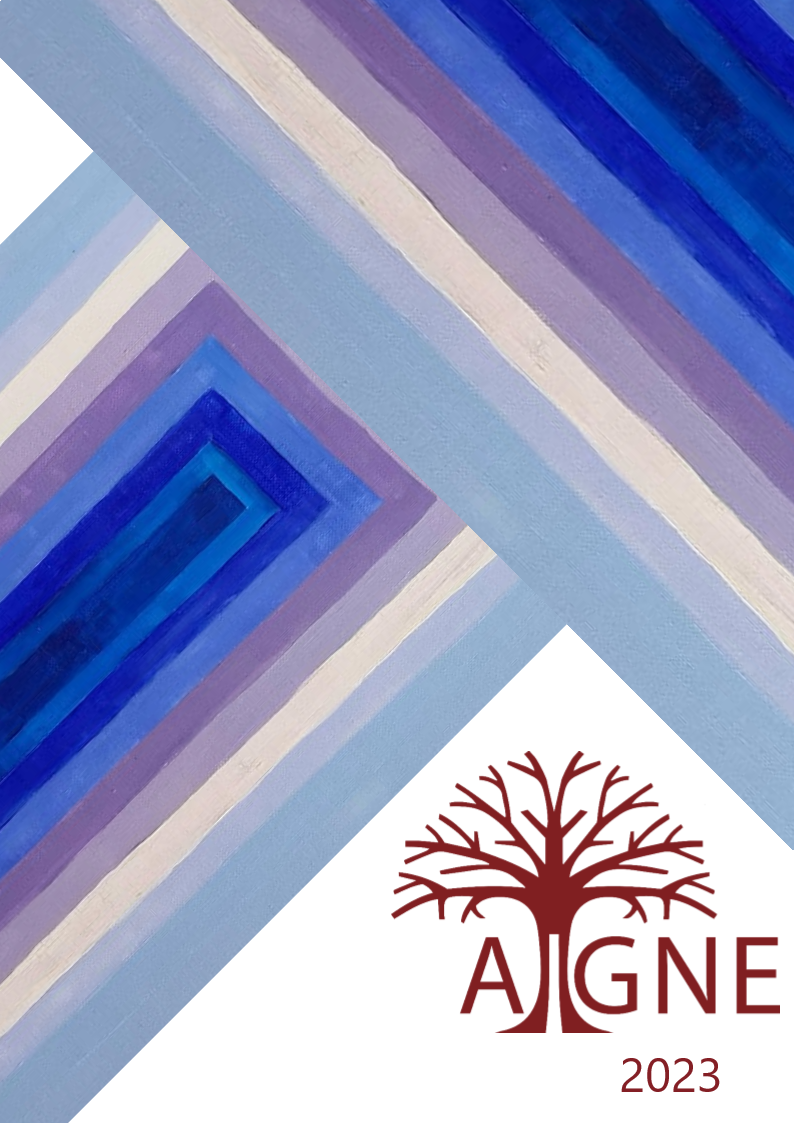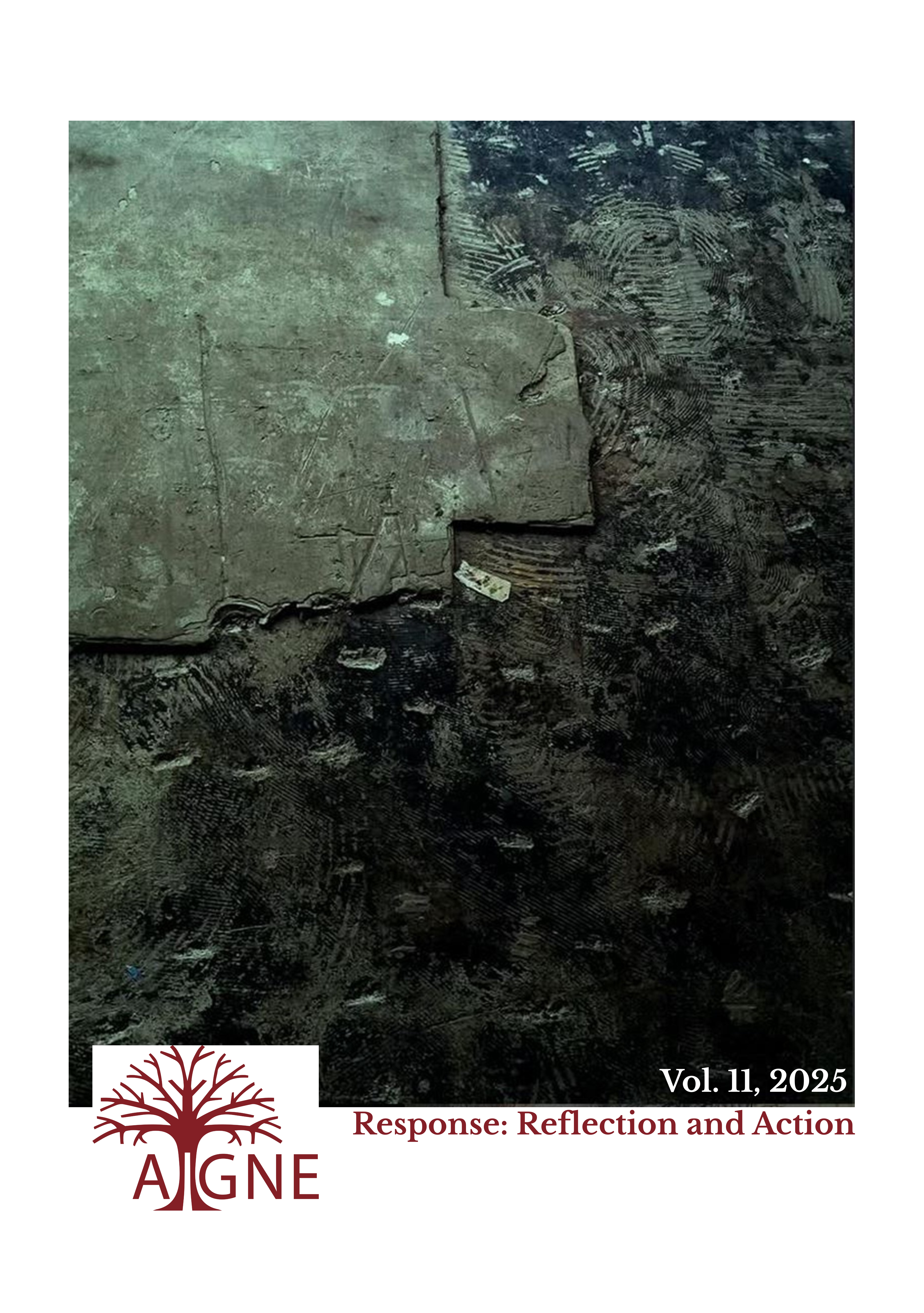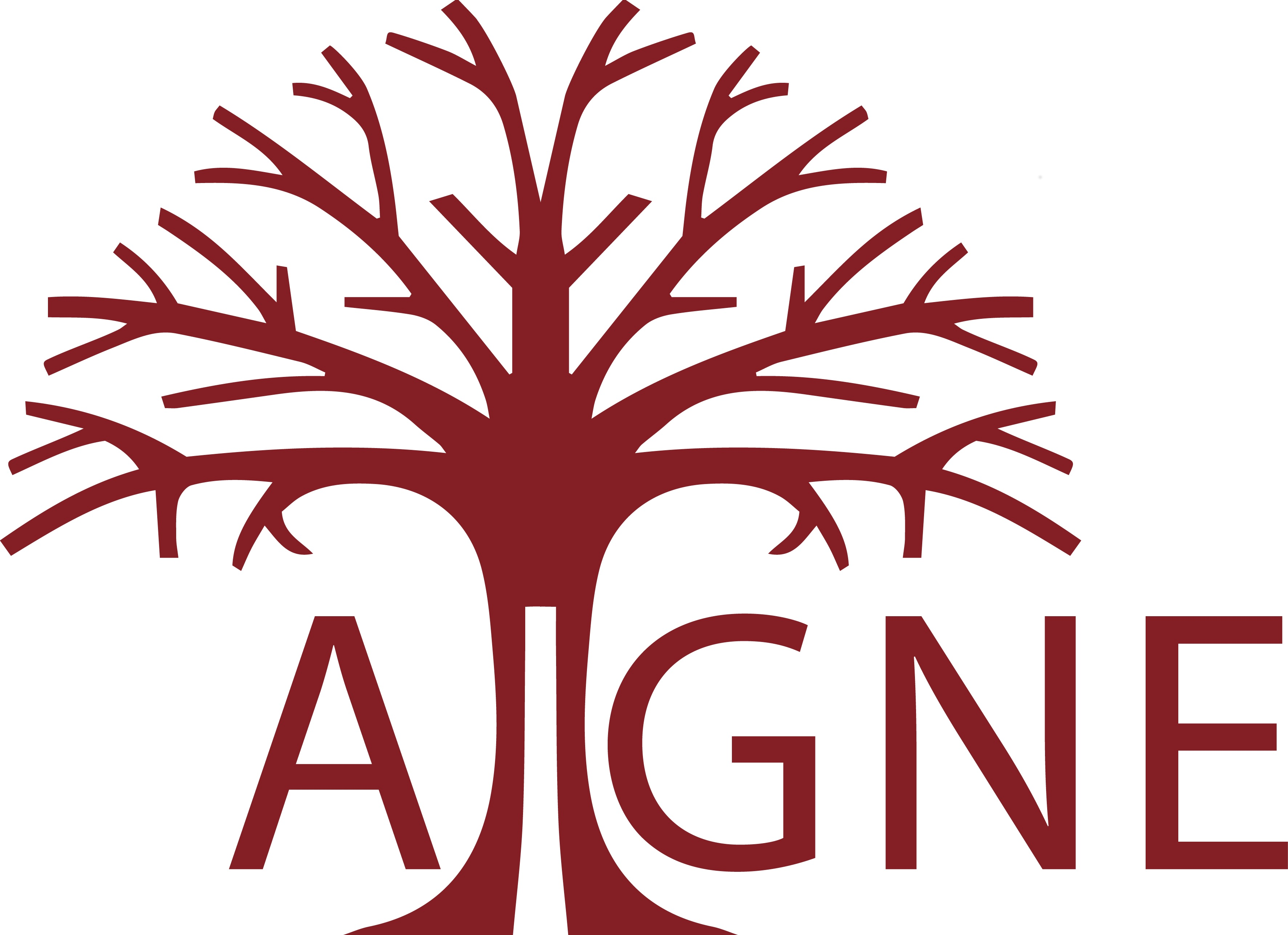Archives
-

Encounters
Vol. 10 (2024)Knowledge requires engagement, and to encounter someone or something risks change. Encounters initiate opportunities to meet, participate, and practise resilience or adaptation in the face of the unfamiliar or unknown. They may encourage a sense of belonging. Conversely, encounters may lead to rejection or silencing of new ideas, voices, objects, organisms, or experiences, to polarisation, to fear of the Other or to a desire to remain unaffected. They may be chance or intentional, confrontational or interactive, comfortable or unsettling. Encounters may span human and non-human terrains.
The goal of this issue is to present a collection of articles and other submissions that explore the theme of "Encounters" through a variety of thought-provoking and distinct perspectives.
-

Liminality: Transitions and Marginalities
Vol. 9 (2023)The term liminality encapsulates a state of transition wherein new ideas, identities, solidarities can come into being. As a concept it thus offers a crucial prism through which any in-between phase for a person, group, or even for a whole society can be better understood and has today gained increasing use within the humanities, social sciences and beyond. In the current day and age, liminal spaces permeate the essence of uncertainties and marginalities. This space can be occupied by those in stasis, which represents detachment and departure from expectations borne of stability towards the marginal spaces of uncertainty, fluidity, and the suspended potentiality of the unknown.
The aim of this issue is to showcase a series of articles which engage with the theme of “Liminality: Transitions and Marginalities” in challenging and diverse ways.
-

Response: Reflection and Action
Vol. 11 (2025)A response is what happens when something asks something of us. It involves a moment of reflection followed by an action that confronts a question, situation, challenge or opportunity. A response might be immediate or slow, instinctive or deliberate, but it always involves a form of engagement.
Responses can agree and reinforce, challenge and deconstruct, as well as modify, remold and extend that which they reflect on. They move between the personal and the universal and they entwine with politics, ecology, culture, aesthetics and everyday experience.Response(s), and the act of responding, take(s) on new significance in the present moment. Constant connection and endless information means that we are always being prompted to react, often before we have even had time to think.
This issue brings together peer-reviewed articles and other contributions that at explore the theme of "Response: Reflection and Action" from different disciplinary perspectives and through different types of submissions
Volume 11, 2025
Response: Reflection and Action
(Published online February 2026) -

Crisis: Predicament and Potential
Vol. 8 (2020)Crisis is a concept which often has strong negative connotations, particularly in a world experiencing a series of economic, political, and social crises within various contexts, territories, and vocations. While crisis and predicament seem to have an intuitive connection, crisis is also a catalyst for invention and innovation: for potential. Crisis encourages us to experiment with both reshaped and unprecedented paradigms, even in uncertain or turbulent scenarios which could appear transgressive at the time presented. It is important to value and understand, in the context of new emerging mind-sets, the potential of these transformations and the impact they could have for the world we live in.
The aim of this issue is to showcase a series of articles which engage with the theme of “Crisis: Predicament and Potential” in challenging and diverse ways.
-

Environments of Change
Vol. 7 (2018)The contemporary world is undergoing a period of accelerated change which can be attributed to a number of different developments: technological advances, the ubiquity of social media and smartphones, the acceleration of global warming and the resultant environmental disasters, and major political upheavals such as Brexit and the growth of white nationalist movements across the globe. These and other changes create constantly shifting and unstable contemporary environments. In this climate of economic, political and environmental uncertainty, it is important to address the impact on and outcomes of these and other major changes in our contemporary world.
The aim of this issue is to offer a series of articles which engage with the theme of “Environments of Change” in challenging and diverse ways.
-
Irish Edition
Vol. 6 (2014) -
CACSSS 2012 Issue
Vol. 5 (2014) -
Spanish issue
Vol. 4 (2013) -
Italian Issue
Vol. 3 (2013) -
Memory
Vol. 2 (2012) -
Identity
Vol. 1 (2011)


